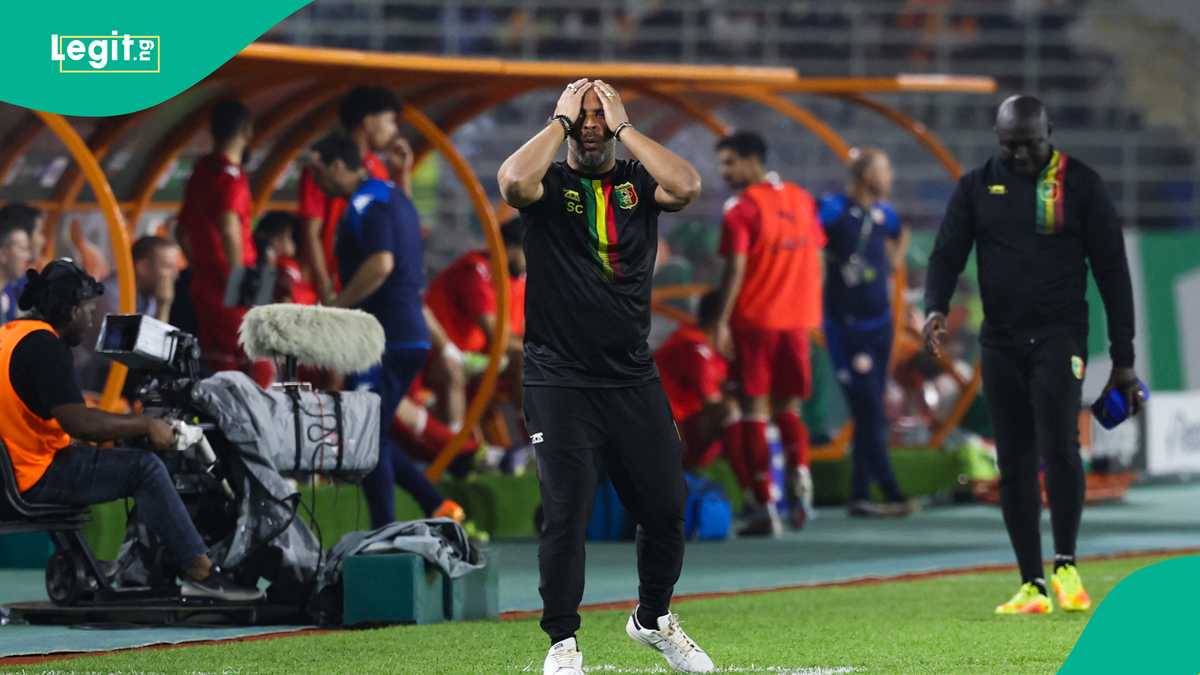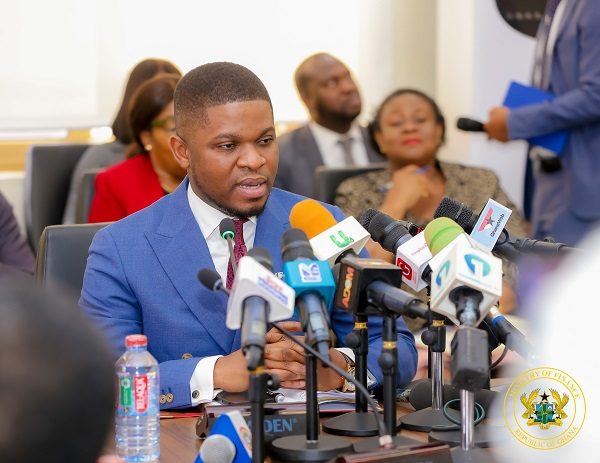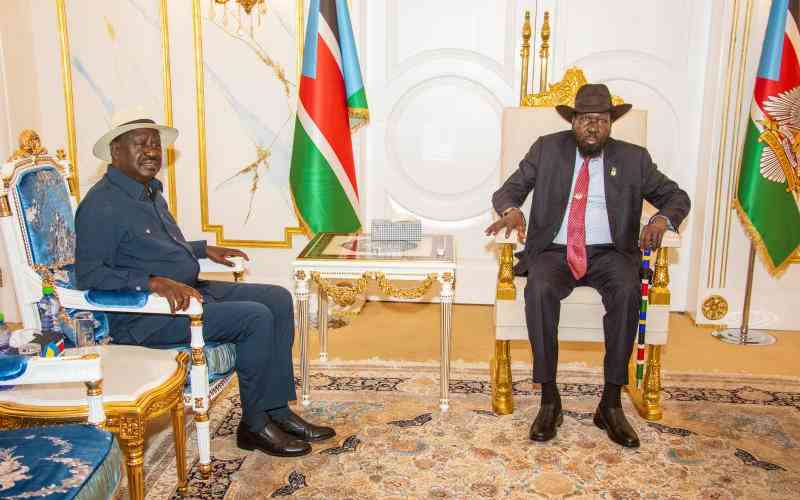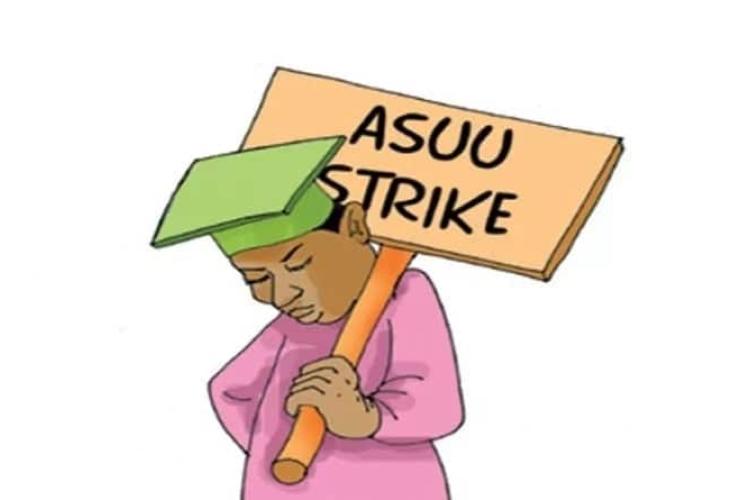Uba Sani's Twin Legacy of Defusing Labor Unrests
By Nasir Dambatta
Governor Uba Sani has cemented his place in Kaduna’s governance history as a masterful conflict resolver, skillfully navigating two major labor crises that once threatened stability in the state. His decisive interventions in the protracted ASUU-KASU strike and the labor-management standoff at Kaduna Electric Distribution Company (KAEDCO) stand out as defining legacies of his leadership.
On February 22, 2025, the Academic Staff Union of Universities (ASUU), Kaduna State University (KASU) branch, officially suspended its prolonged strike after Governor Uba Sani’s intervention. This breakthrough came after a series of high-level negotiations that addressed key grievances of the academic staff. The governor’s administration promptly released funds to cover 60% of withheld salaries from September 2017 and SIWES supervision allowances spanning five academic sessions. Additionally, he approved a structured plan to clear five months of unpaid salaries (May–September 2022), promotion arrears, earned academic allowances (EAA), pension remittances (2009–2019), death benefits, and group life assurance.
Unlike past administrations that allegedly victimized striking lecturers, Uba Sani’s leadership took a conciliatory approach, emphasizing fair dialogue and genuine commitment to resolving the crisis. ASUU-KASU lauded his intervention as a departure from previous eras of hostility, while students and parents breathed a sigh of relief as academic activities resumed.
In another remarkable display of leadership, Governor Sani intervened in the heated labor dispute between workers’ unions and the management of Kaduna Electric Distribution Company (KAEDCO). The standoff, fueled by disputes over employee welfare and operational policies, had the potential to plunge Kaduna into a power crisis. Recognizing the gravity of the situation, Uba Sani convened multiple dialogue sessions, ensuring that both labor unions and KAEDCO management found common ground. His administration facilitated a fair resolution, balancing workers’ demands with the company’s operational realities. The successful mediation not only averted a strike but also reinforced Kaduna’s power supply stability.
Governor Uba Sani’s deft handling of these twin labor crises underscores his enduring legacy as a leader who prioritizes dialogue over discord. His approach has not only restored industrial harmony but also set a precedent for future administrations. By resolving these long-standing disputes, Governor Sani has proven that true leadership is about building bridges, not walls. His twin masterstrokes in conflict resolution will be remembered as defining moments in Kaduna’s governance history—proof that proactive engagement, empathy, and decisive action can transform crisis into opportunity.











